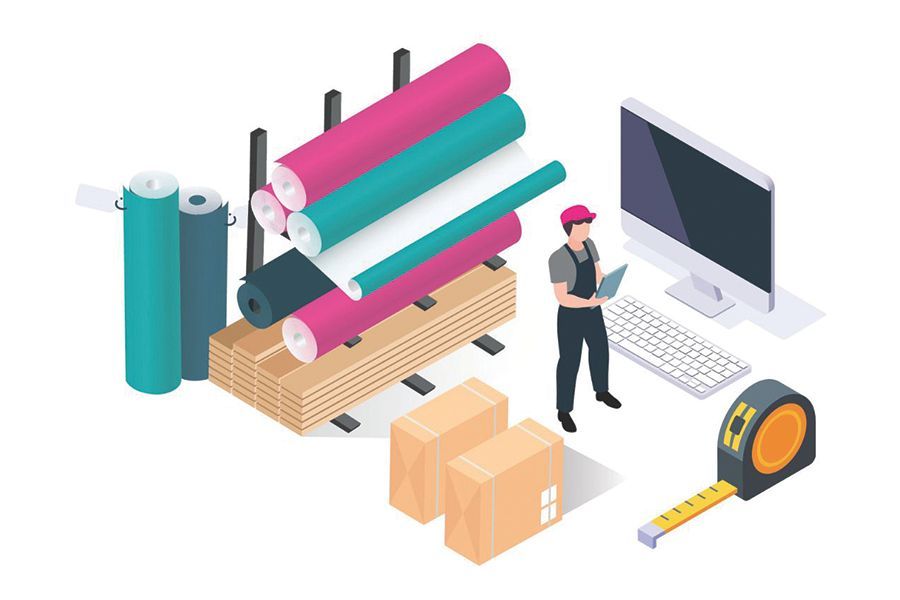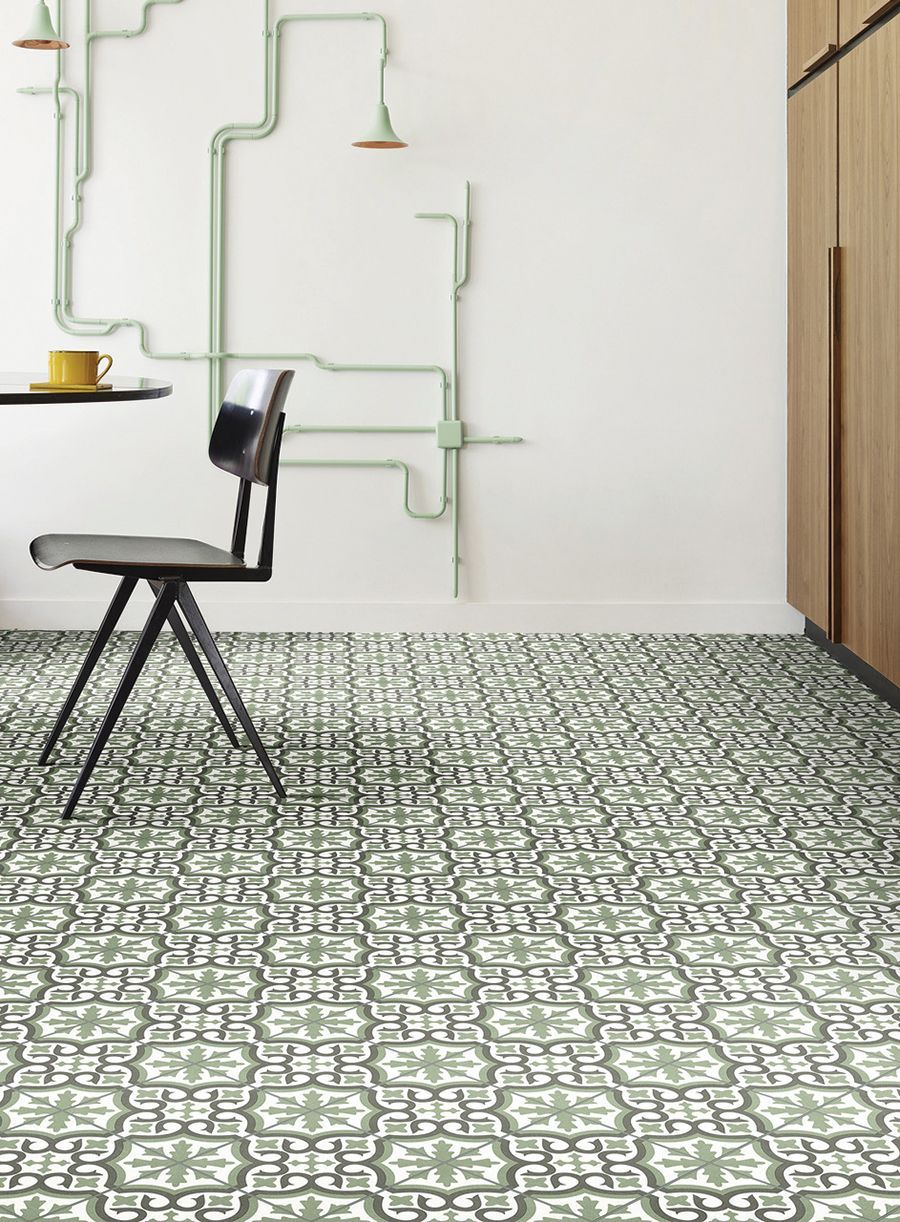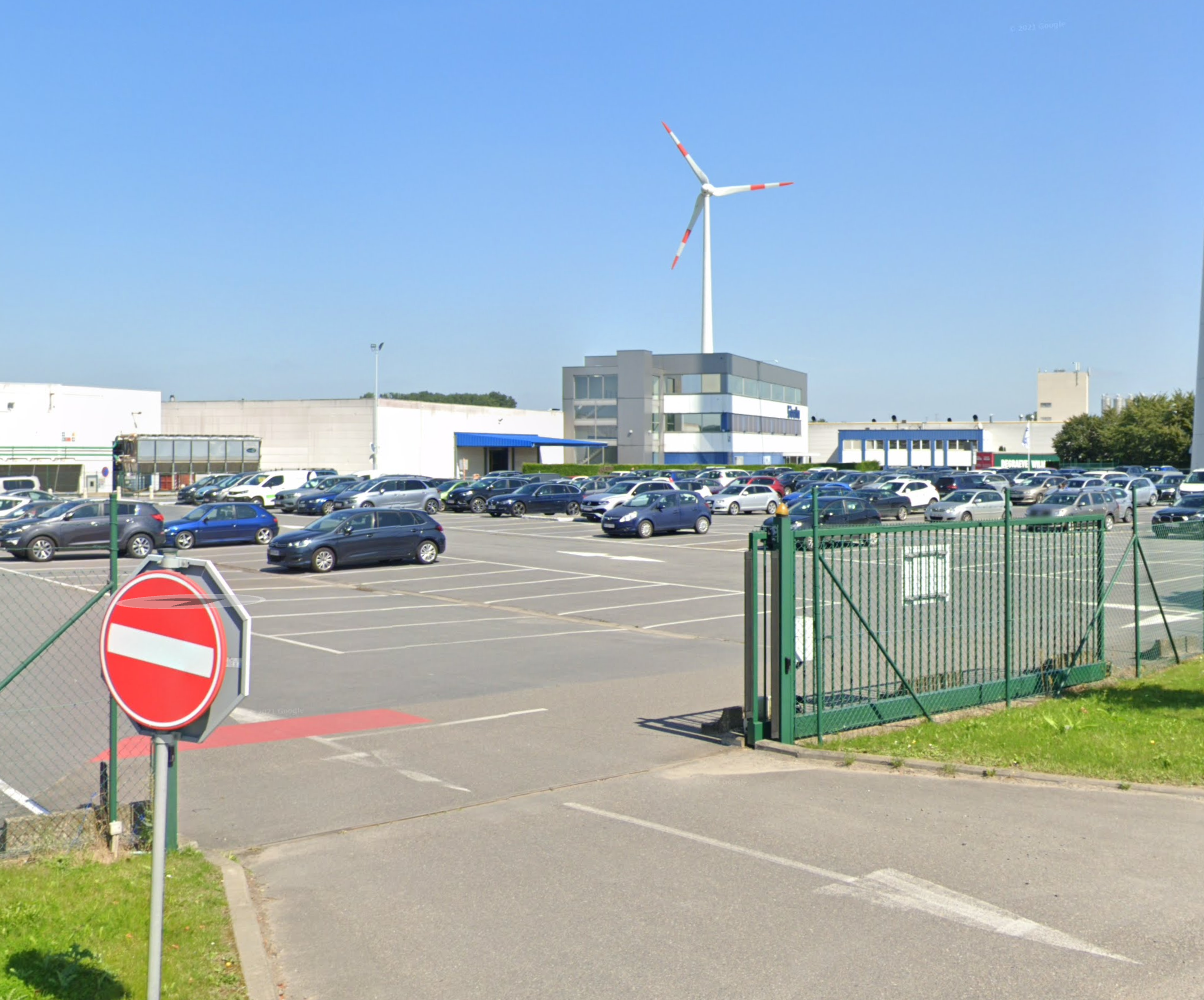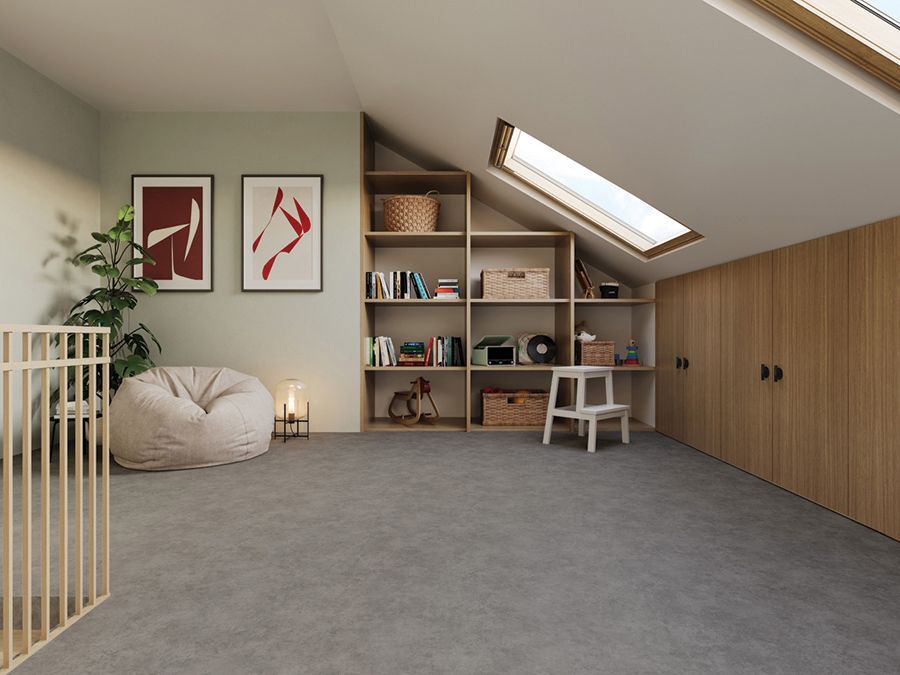Pressure builds on Belgium over carpet making costs
Belgium, the UK’s biggest European carpet partner, is under severe pressure from rising energy and employment costs say manufacturers in the region after a series of factory closures.
Imports from Belgium into the UK were 27% down in the pre-Christmas period compared to the previous year - the fourth consecutive month of decline.
Leading Belgium newspaper De Tijd said earlier thismonth that the historic textile industry in the Flanders region of Belgium “was in danger of being wiped out.” The industry generated only half as much revenue last year (€4 billion) as it did in 2001. The fall in carpet sales, Flanders' largest textile sector, was particularly precipitous, dropping 30% compared to the year before.
Numerous long-established factories – including B.I.G.’s Ideal Floor Coverings plant in Wielsbeke and the Balta Group yarn factory in Avelgem are scheduled to close shortly.
Since the year 2000, the number of textile companies in Flanders has reduced from 1,100 to 515, and the number of employees from 38,000 to 16,000.
"It's a battlefield," said Joe Lano, the owner and
CEO of Lano Carpets in Harelbeke.
Although rising competition from China has led to a decline in demand for European-manufactured textiles, it is high inflation, and in particular soaring energy costs, which are principally to blame for the Flemish industry's woes.
Victoria plc, the British firm which bought half of Balta Group in July last year, took action on costs. "Inflation added to the declining demand in Europe and the US," Victoria’s Belgiam CEO Philippe Hamers, told De Tijd. "But inflation worried me less than the high production costs.
“The market is picking up again, but the expensive European energy is probably the new normal. Just like the high wage costs in Belgium, you can't reverse it either. That's why we closed Balta's yarn production in Avelgem and partly moved to Turkey," he said.
Mr Hamers criticised the EU's energy policy as “ineffective”, pointing out that energy costs are still seven times more expensive than a year ago, before the war in Ukraine.
Hamers added that the Belgian Government's unusual policy of wage indexations – legal requirements to link pay to inflation - also bears significant responsibility for the current crisis: "We cannot let our strategy depend on what the Government decides. Waiting for the Government takes too long. Labour costs are rising too fast in Belgium. It is a cynical calculation, but due to the closure of our yarn factory in Avelgem, we have 220 fewer people on the payroll."
On 1 January 2023, companies in Belgium that fall under certain criteria were required by the government to increase the salaries by 11.08%.
Writing in De Tijd, commentator Tom Michielsen said: “Last year it rained closures, relocations and takeovers in the Flemish carpet industry. It seems as if the once glorious West Flemish sector is on its last legs. Still, echoes of hope can be heard: ‘The survivors will do great business in the coming years.’ and: "Innovation and high-end products will save the sector.’”


















